Who comes instead of Tesla? Electric cars from China are capturing the Russian market
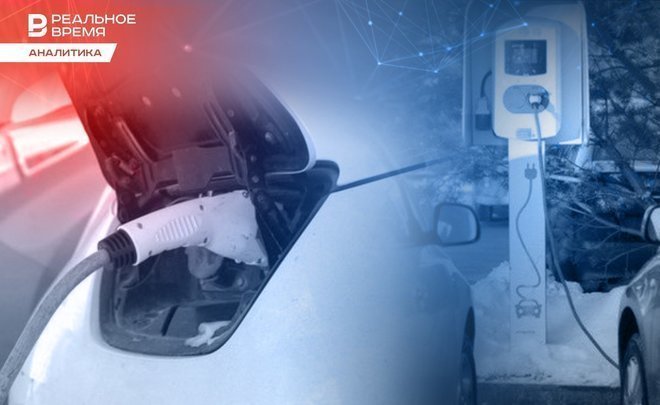
The market of electric vehicles in Russia and Tatarstan is growing faster than the traditional segment of cars with internal combustion engines. On the side of the “fashionable” and eco-friendly direction — the state, which promises the owners of electric cars infrastructure, tax preferences, free municipal parking, and subsidies for the purchase of cars. The sales of new electric cars in the republic increased 4-fold in the first half of 2023, but in absolute numbers, this is still a drop in the bucket. What factors will influence the sales of electric vehicles and which models are being bought in 2023 — in the review of the analytical service of Realnoe Vremya.
According to a study by Autostat Info, 4,455 new battery-powered or “clean” electric vehicles (BEV) were sold in Russia in the first half of 2023. “In the first half of 2022, 1,304 BEV units were sold, so the sales in the first half of 2023 increased by 244% compared to last year, or about 3,4 times," Alexander Klimnov, an expert at Autostat Info, gives estimates.
The most popular electric cars on the Russian market are the German Volkswagen brand (the share in the BEV segment is 20,7%, 922 electric cars have been sold), and they are exported to Russia from the company's Chinese factory. The second place — “conditionally” Russian Evolute with a 19,5% share and 868 electric cars, the third place — the American Tesla (also exports from China) with a share of 14,3% and 638 cars. The fourth place — the Chinese Geely of Belarusian assembly with a share of almost 6,6% and 293 cars. Voyah rounds out the top 5 with almost the same result in 292 cars and a share of 6,55%.
In Tatarstan, the sales of new electric vehicles have increased by more than 4 times. In the first half of 2023, 119 new electric vehicles were sold in the republic compared to 27 in the same period last year. In June of this year, the sales amounted to 29 units, and a year earlier, 6 such cars were sold, Klimnov noted.
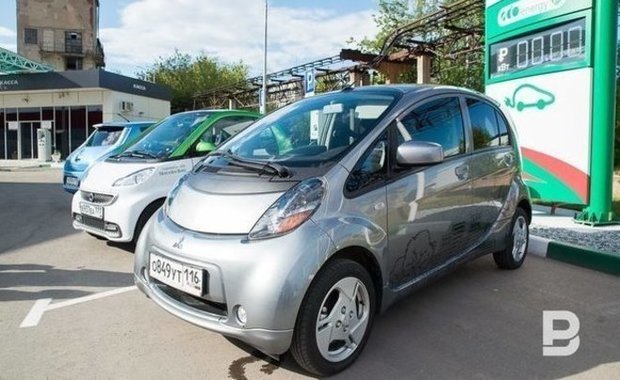
The so-called “boom of electric vehicles”, or a sharp rise in sales, this year is associated both with a reduction in the presence of conventional cars on the market, and with the efforts of dealers to import such cars and the preferences of the government interested in the development of a “fashionable trend” in the car market. The development of the charging network in the regions also affects, including fast charging with a capacity of 150 kW or more, which makes it possible to replenish from 20% to 80% of the capacity of the traction battery in 15-25 minutes.

However, fans of executive sedans and coupes (F-segment), as well as super- and hypercars (S-segment) will continue to buy their favourite brands and models with internal combustion engines, despite the increase in fees and fluctuations in the ruble exchange rate.
Ordinary consumers will have the opportunity to focus on the purchase of electric vehicles with mileage, which are a priori cheaper than new cars, however, sanctions may also affect here, for example, a ban on the supply of any vehicles from Japan to the Russian Federation. In general, the year-on-year growth in sales of new electric vehicles will roughly correspond to the dynamics of the first half of the year, that is, the “boom of electric vehicles” will continue for the time being.
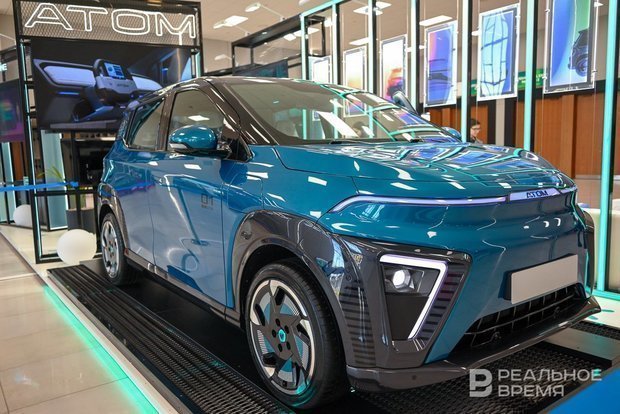
However, the global trend for electrification is forever, it's just that different countries like Norway are already completing it, in China they are developing it with might and main, and in Russia, as well as the countries of Southern and Eastern Europe, as well as most regions of the “Third World”, in fact, they are just starting it, Klimnov notes.
“The sales of electric vehicles in Russia will be affected by a number of factors, including the sanctions regime, the ruble exchange rate, and the speed of development of the charging network, but there is already a firm trend for faster growth of the BEV segment compared to the market as a whole. Considering that all domestic manufacturers have plans to produce thousands and tens of thousands of electric vehicles by the end of this decade, our BEV market is only at the beginning of the road.”
“We are seeing a revolution in car manufacturers”

It is difficult to call what is happening in the electric car market a boom, because the share in total sales is only 1%, while there are markets, such as Norway, where the share of electric cars exceeds 90%, he notes. But even in Russia, the share will steadily increase, because the advantages of electric vehicles are obvious and, above all, the course towards the transition to new energy of almost all world car manufacturers.
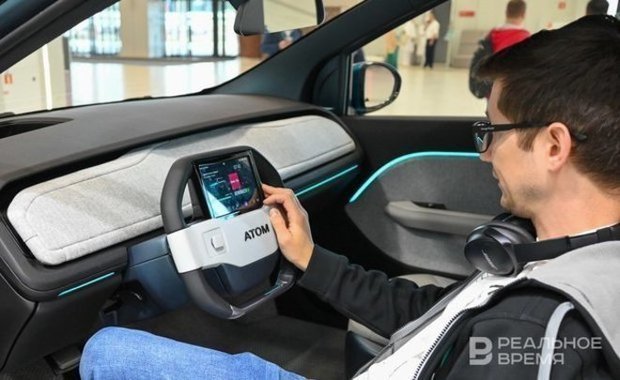
“The participation of the state in this is important: in most regions, in order to popularise electric vehicles, the transport tax has been removed, municipal parking lots have been exempted from payment, free travel has been introduced in toll areas, fast charging is subsidised, and so on. All this makes electric cars more popular. I myself have been driving an electric car for the third year and I don't see a single reason to return to the internal combustion engine again," Zamalutdinov said.
Now, according to him, we are witnessing a revolution among car manufacturers. “The example of Elon Musk and Tesla showed the rest of the auto giants that it is useless to resist progress, and the business model is viable and profitable, and the Chinese, as manufacturers, quickly not only picked up the trend, but also led it, becoming the world leader in the electric vehicle industry," he noted. “Given the current political situation, we see that in the near future the future of the automotive industry in Russia is connected with Chinese manufacturers, so the trend will continue.”
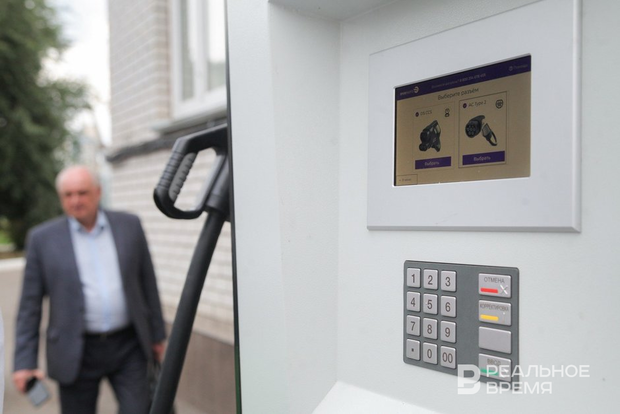
“The increase in sales of electric vehicles can be explained by several reasons. Firstly, the increase in the number of such models on the market, which gave consumers the opportunity to choose. Secondly, the departure of many foreign automakers from the country has led to changes in the automotive market, making room for new brands, including electric vehicles. Thirdly, the development of infrastructure for electric vehicles in the country: now charging stations are being built not only in cities, but also on many highways. Fourth, the number of citizens who take a responsible approach to preserving the environment and strive to reduce the impact on it continues to grow, so they choose electric vehicles. Fifthly, it is possible that there are more credit products from financial institutions intended specifically for the purchase of electric vehicles, this has affected their sale," commented Dmitry Baranov, a leading expert at Finam Management company.

Some consumers will wait for the appearance of new brands of electric vehicles on our market and models of 2024, which will also affect sales, Dmitry Baranov does not exclude.
Electric Moskvitchs and Atom
The state programme of preferential car loans is one of the main drivers of sales growth of “Russian” electric vehicles. The discount of 625 thousand rubles is noticeable for owners of electric cars. Today, one can use it to buy Evolute i-PRO and Evolute i-JOY. Moskvitch 3e was also promised to be sold with state support.
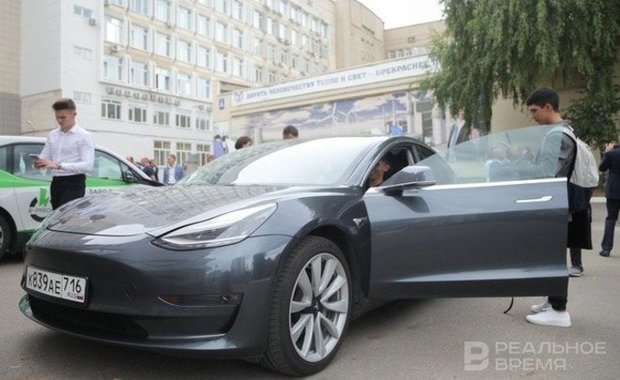
“Our goal is to arouse the interest of the audience in this model. The Moskvich electric car is eco-friendly, silent, has a power reserve of up to 410 km and accelerates to 100 km/h in 10 seconds. A great option for urban use," commented the marketing department of Moskvitch KAN AVTO. “Today, there is interest in Moskvitch, and we are trying to support it, for example, by offering different types of benefits when buying this car.”
In the first half of 2023, Moskvitch entered the top 10 best-selling electric cars in Russia. During this period, 133 new Moskvitchs were sold.
The serial production of another domestic electric car Atom is planned to begin in mid-2025. Naberezhnye Chelny was called one of the possible sites for its production. The startup for the development of the Atom car was launched in 2021. The investors were Sergey Kogogin, CEO of KAMAZ PJSC, and Ruben Vardanyan, a businessman. On May 11, Kama JSC presented the first functional sample of Atom. By the end of the year, the company intends to test the battery, as well as other systems — suspension, steering system, chassis. The assembly of the first electric car in Russia is scheduled for the end of 2024.